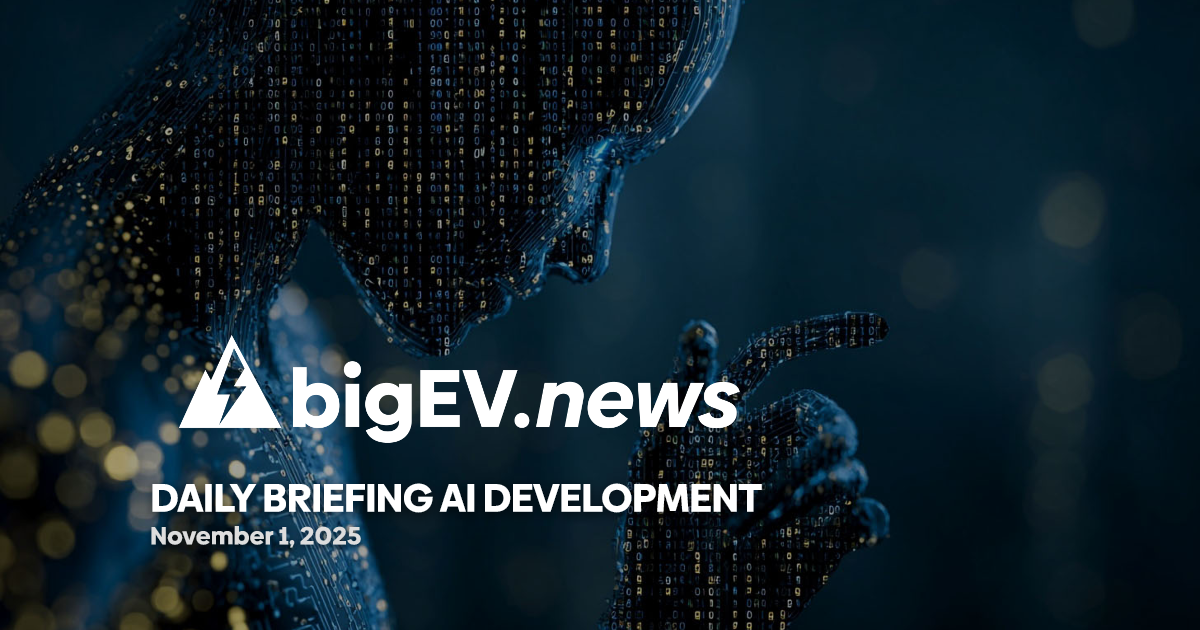Quantum computing, regulatory milestones, and next-gen AI models reshape infrastructure, finance, and global policy in a pivotal day for technology leadership.
At a glance – The last 24 hours have seen a convergence of breakthroughs and policy shifts across the artificial intelligence and automation landscape. A quantum computing milestone has been achieved with the successful cracking of a 6-bit elliptic curve cryptographic key, signaling a tangible threat to current encryption standards. Meanwhile, the United Nations has established two major initiatives to guide global AI governance, and a British quantum computing startup has made a strategic debut in New York City. These developments are complemented by advances in AI model efficiency, new research in robotics, and regulatory workshops shaping the future of AI in drug development. The day’s news underscores the accelerating pace of innovation and the urgent need for coordinated industry and policy responses.
Technology advance – In a landmark demonstration of quantum computing’s disruptive potential, engineer Steve Tippeconnic has successfully cracked a 6-bit elliptic curve cryptographic key using IBM’s 133-qubit quantum computer. While the 6-bit key is far less complex than the 256-bit keys that secure major cryptocurrencies and financial systems, this achievement marks the first practical validation of quantum attacks on cryptographic systems using real hardware. The breakthrough highlights the rapidly shrinking timeline for quantum computers to pose a genuine threat to digital security, prompting calls for immediate action from regulators and industry leaders to develop quantum-resistant encryption before large-scale vulnerabilities emerge.
Partnerships – British startup Oxford Quantum Circuits (OQC) has installed its OQC GENESIS quantum computer at a leading Digital Realty data center in Manhattan, marking New York City’s first operational quantum system. The GENESIS platform is integrated with Nvidia’s latest AI superchips, enabling hybrid quantum-AI workloads tailored for sectors such as finance and cybersecurity. This deployment, praised by UK Science Minister Patrick Vallance, not only showcases British technological leadership but also strengthens transatlantic collaboration in advanced computing. The initiative is expected to drive economic growth, create high-skilled jobs, and position New York as a hub for next-generation AI and quantum research.
Acquisitions/expansions – The global AI infrastructure landscape is being reshaped as Oxford Quantum Circuits expands its footprint beyond the UK, leveraging its partnership with Digital Realty to access the North American market. The Manhattan installation is strategically significant, providing local enterprises with direct access to quantum computing resources for the first time. By integrating with Nvidia’s AI hardware, OQC is enabling new classes of hybrid applications that combine quantum algorithms with advanced machine learning, accelerating innovation in sectors ranging from algorithmic trading to secure communications. This expansion signals a broader trend of international quantum startups targeting the US market through high-profile collaborations and infrastructure investments.
Regulatory/policy – In a historic move, the United Nations General Assembly has formally established the Independent International Scientific Panel on AI and the Global Dialogue on AI Governance. The Scientific Panel, comprising 40 multidisciplinary experts serving staggered three-year terms, will provide independent, transparent, and rigorous scientific advice on AI’s risks, opportunities, and societal impacts. The Global Dialogue, convening biennially and cochaired by representatives from both developed and developing nations, aims to foster international cooperation, address governance challenges, and align AI development with the UN’s Sustainable Development Goals. These initiatives mark a significant step toward coordinated global oversight of AI technologies, ensuring that policy decisions are grounded in the latest scientific research and stakeholder input.
Finance/business – The 2025 AI Index Report from Stanford HAI reveals that the cost of AI inference has dropped dramatically, driven by the emergence of highly capable small models. These models are making advanced AI more efficient, affordable, and accessible across industries, from logistics and infrastructure to financial services. The report highlights a shift in market dynamics, with companies increasingly adopting compact AI systems that deliver high performance at a fraction of previous costs. This democratization of AI technology is enabling startups and established enterprises alike to deploy sophisticated automation and analytics tools, fueling a new wave of industrial and consumer innovation. The trend is expected to accelerate as research in vision-language models and robotics continues to push the boundaries of what AI can achieve in real-world applications.
Sources: Fladgate, viterbischool.usc.edu, hai.stanford.edu, ctti-clinicaltrials.org, ai.engin.umich.edu








